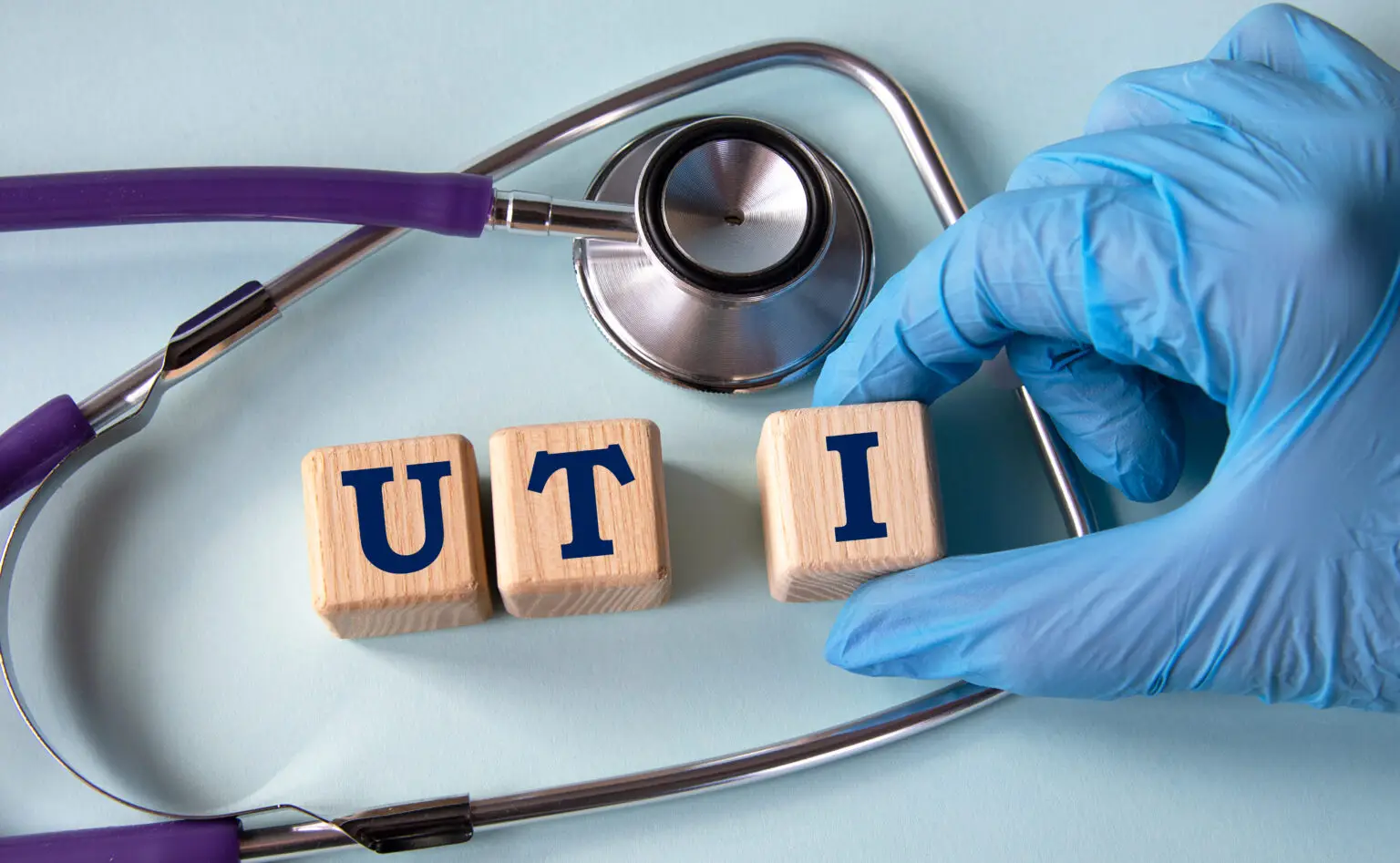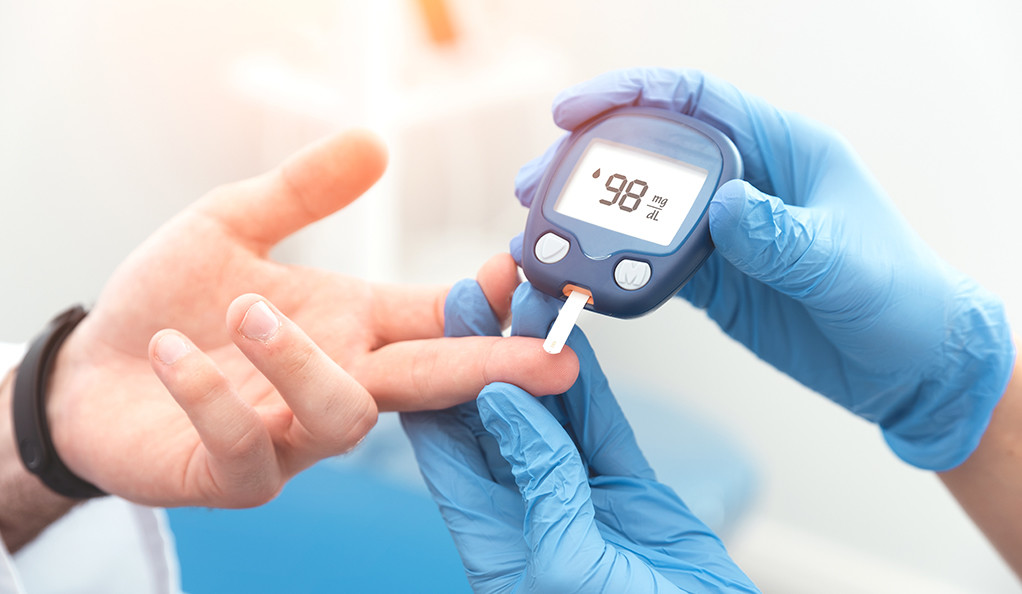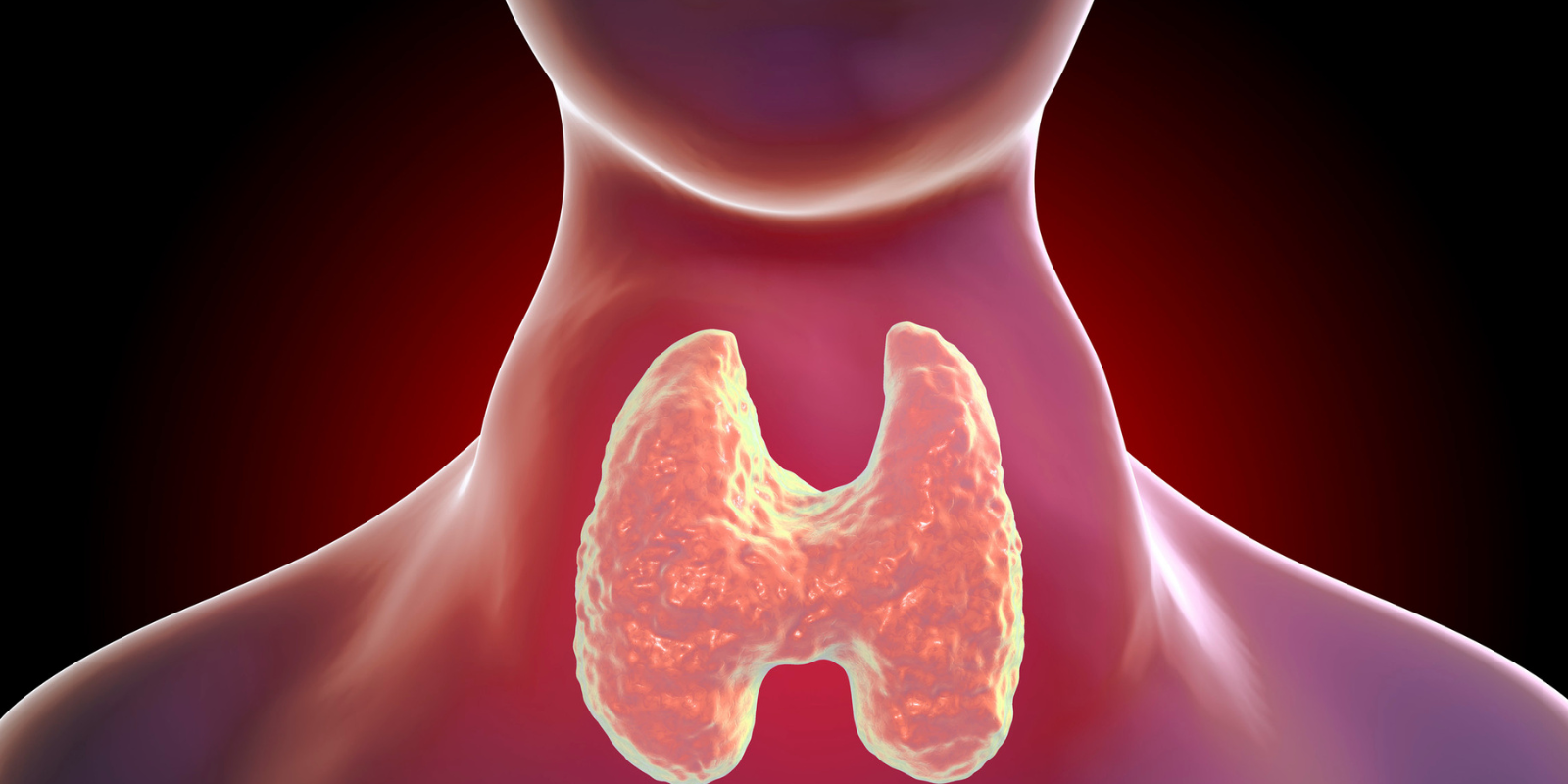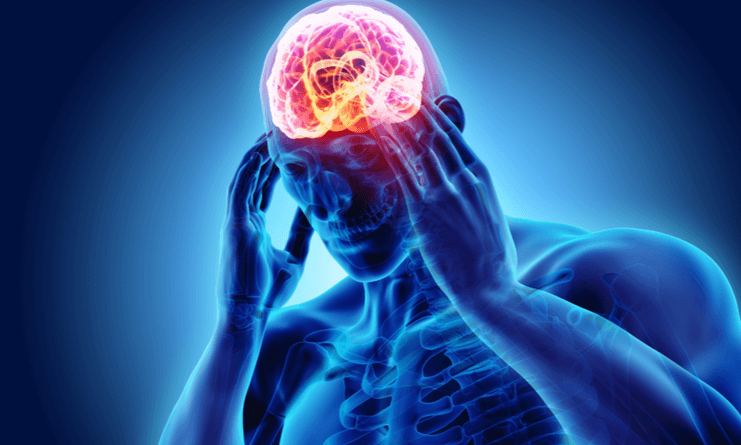Have you ever noticed “butterflies in your stomach” before a big event? Or have you noticed that mental stress sometimes affects your digestive system? This is not a coincidence. It is actually your Gut-Brain connection. Whatever you eat not only fuels your body but also affects your mood, mental condition, and emotional well-being.
In this article, we will discuss the Gut-Brain connection, the ways by which you can nourish your brain through your belly. Your diet is a key in shaping and boosting your mood and mental health.

What is the Gut-Brain Connection / Gut-Brain Axis?
The Gut-Brain connection, or Gut-Brain axis, is a two-way communication network between your digestive system and your brain. It comprises your nerves – the vagus nerve, hormones, and neurotransmitters produced by trillions of microbes living in your gut.
The microbes living in your gut not only help in the digestion of food, but they also regulate immunity and produce dopamine and serotonin, which are neurotransmitters (the chemical messengers that carry signals between nerve cells). Serotonin is the chemical associated with the stability of your mood, happiness, and digestion, while dopamine is linked to your feelings of pleasure, motivation, and muscular movement.
Imbalance in gut microbiome (Dysbiosis) is associated with depression, anxiety, and mood swings. Inflammation in the gut also affects your mood.

How Does Diet Affect Mental Health?
What you feed your body influences the microbiome in the gut, which then affects your mental health. A diet rich in fibre content, fermented foods, and good fats supports the beneficial bacteria in your gut biome, while processed and high-sugar content food supports harmful bacteria in your gut.

Food That Benefits the Gut-Brain Axis
Probiotic Foods
Fermented foods: Fermented foods such as kefir, sauerkraut, kimchi, miso, and yoghurt contain live beneficial bacteria that support a healthy gut microbiome.
Prebiotic Foods:
Fibre-rich foods: Fibre-rich foods such as garlic, onions, asparagus, oats, bananas, and apples provide nutrients to the beneficial gut microbiome.
Fats
Omega-3 Fatty Acids: Omega-3 is found in fatty fish (mackerel and salmon), walnuts, chia seeds, and flaxseeds. They have anti-inflammatory properties, which make them important for brain health.
Healthy Fats: Healthy fats, found in seeds, nuts, and avocados, protect the brain cells and provide stability to the mood.
Polyphenol-Rich Foods
Plant Compounds, antioxidants: Plant compounds called polyphenols are found in coffee, tea, dark chocolate, berries, and colourful vegetables that benefit the gut microbiome and reduce oxidative stress.
Macronutrients and Proteins: An Adequate amount of quality protein from legumes, eggs, dairy, and lean meat acts as a precursor for neurotransmitters. Tyrosine is a precursor of dopamine, while tryptophan is the precursor of serotonin. Balanced macronutrients, especially unrefined carbohydrates, help gut bacteria thrive and affect your mood.
Other Foods
Other Beneficial Foods: Bone broth (repairs gut lining and is anti-inflammatory), turmeric (is anti-inflammatory), and whole grains (help in digestion) are beneficial for gut and brain health.
Food That Harms the Gut-Brain Axis
Excessive Sugar: Added sugar is found in ice cream, cakes, sodas, and sugary cereals. Excess sugar damages the gut lining and the healthy gut microbiome.
Processed Foods: Highly processed foods are low in fibre content and high in saturated fats, sugar, preservatives, and emulsifiers. They cause inflammation in your gut and disturb the gut microbiome.
Artificial Sweeteners: Artificial sweeteners hurt gut and brain health, especially affecting memory.
Excessive Alcohol: Excessive consumption of alcohol damages the gut’s protective lining and impacts the gut microbiome.
Micronutrient Deficiencies: Deficiency of micronutrients such as iron, zinc, magnesium, and vitamin D impacts your immune system and antioxidant defence, and also affects your mood.
Less Diverse Diet: Eating a less diverse diet repeatedly reduces microbiome diversity in the gut, which is linked to mental health.

Neurotransmitters and Brain Health
Understanding how the microbiome in the gut, neurotransmitters, and brain cell processes connect gives clarity on why a healthy diet matters so much.
Serotonin: It is called a “feel-good neurotransmitter”. Up to 90% of serotonin is produced in the gut, and it is responsible for digestion, sleep, and mood.
Dopamine and GABA (gamma-aminobutyric acid): The synthesis of these neurotransmitters is influenced by the gut microbes and is responsible for mood regulation, motivation, and reward.
Inflammation and Immune Activation: When a bad microbial community dominates in the gut, endotoxins (lipopolysaccharide) leak and trigger the immune response. This causes inflammation that reaches your brain and influences neurotransmitters, impairing neuroplasticity and leading to mood disorders.
Neuroplasticity and Stress Response Regulation: A Healthy diet helps support your hypothalamic pituitary adrenal (HPA) axis regulation, stress hormones (cortisol), and allows better mental health.

What the Researcher Says About the Gut-Brain Axis?
- A 2025 study, Probiotics reduce negative mood over time says that individuals consuming certain probiotics have reported reduced negative mood.
- A 2024 review, Gut microbiota, nutrition, and mental health (Frontiers), shows that improper nutrition is linked with poor brain function. It’s emphasised that dietary patterns matter for cognitive function and mood regulation.
- Review in 2023, The Benefits of Prebiotics and Probiotics on Mental Health, shows a better impact on stress reduction and cognitive outcomes.
- Harvard reporting, You are what you eat: Diet may affect your mood and brain (UCLA) says that 95% of serotonin, a neurotransmitter, is produced in the gut, and it influences the immune system.
The Mood-Gut Loop: Stress, Sleep, and Inflammation
- Stress does not affect your mind only, but it has an impact on your gut, too. Chronic stress increases the release of certain harmful substances from the gut (leaky gut) to the bloodstream, which causes inflammation.
- Poor sleep also disrupts the gut bacteria, which in turn affects cognitive function and mood.
Simple Diet Swaps for a Healthier Gut and Happier Mind
- Nuts and berries for sugary snacks.
- Green tea for soda.
- Whole-grain bread and whole-grain pasta for white bread.
- Addition of kimchi, pickles, or sauerkraut to your meals.
- Having a small bowl of yoghurt for breakfast.
- Include fatty fish twice a week in your diet.
Your Key Takeaways:
- Your Gut-Brain connection (Gut-Brain Axis) is a powerful communication network between gut microbiome, digestion, immune system, and your brain.
- Gut microbiome is dependent on the dietary habits, which in turn affect the neurotransmitters that are linked to your cognition and mood.
- Mental health is positively influenced by diets rich in probiotics, prebiotics, dietary fibre, omega-3 fatty acids, polyphenols, and an adequate number of proteins and unrefined carbohydrates.
- Your mental health is negatively influenced by the use of excess sugar in the diet, processed foods, and poor micronutrient intake.
- Chronic stress weakens the gut lining and increases inflammation, which can affect mood and cognitive function. To learn more about reducing inflammation through diet check out our Anti-Inflammatory Diet 101 – What To Eat And What To Avoid For Better Health.
- Good changes in diet lead to better mood and improved cognition.
- Diet is not a substitute for clinical care for the disruptive gut health, and if the mental health disorders are quite serious.

Conclusion
Your gut is not just a part of your digestive system, but it is also linked to your mental and emotional well-being. Similarly, your brain is not only responsible for your mental health, but it is also linked to the gut microbiome. By making conscious choices about your daily meals, you can help shape your gut microbiome, reduce inflammation, support neurotransmitter pathways, and ultimately influence your stress level, mood, cognition, and overall mental health. A healthy gut reduces the cortisol level (stress hormone) and improves emotional well-being. Chronic stress weakens the gut lining and increases inflammation. Poor sleep alters the gut microbiome and increases anxiety.
Add probiotics, prebiotics, omega-3 fatty acids, dietary fibres, nuts, fermented foods, antioxidants, polyphenols, and micronutrients in your diet for a healthy gut microbiome. Eliminate refined carbohydrates, unhealthy snacks, processed foods, and excess sugar from your diet for a better gut microbiome and improved mental health. Your journey to vibrant health starts with your plate; make it more nutritious.

Discover more tips on making smarter meal choices and boosting your brain health by visiting our website healthabulous. If you want to explore more science-backed ways to improve metabolism, manage weight, and reduce inflammation naturally, don’t miss our blog on 10 Science-Backed Intermittent Fasting Benefits You Must Know. Make one small change today, be consistent, and see how your gut and brain thank you for it.
FAQs
What are probiotics, and how can they help improve my mood? Probiotics are strains of healthy bacteria like Lactobacillus and Bifidobacterium. They improve the gut microbiome, which is linked to reducing depression and anxiety symptoms.
Can improving my diet really help lift my depression and anxiety? Yes! Several clinical studies have shown that improving diet has reduced the symptoms of mild to moderate depression and anxiety. However, diet is not a substitute for severe psychiatric disorders where medical treatment is prescribed.
Does diet alone suffice, or do lifestyle matters too? Lifestyle is an important factor. Stress, poor sleep, lack of exercise, overuse of antibiotics, and chronic illness can all harm the gut microbiome. To get the most benefit, diet should be paired with good night’s sleep, stress management, exercise, and other supportive behaviours.
References
- Gwak MG, Chang SY. Gut-Brain Connection: Microbiome, Gut Barrier, and Environmental Sensors. Immune Netw. 2021 Jun 16;21(3):e20. doi: 10.4110/in.2021.21.e20. PMID: 34277110; PMCID: PMC8263213.
- Howland RH. Vagus Nerve Stimulation. Curr Behav Neurosci Rep. 2014 Jun;1(2):64-73. doi: 10.1007/s40473-014-0010-5. PMID: 24834378; PMCID: PMC4017164.
- Hrncir T. Gut Microbiota Dysbiosis: Triggers, Consequences, Diagnostic and Therapeutic Options. Microorganisms. 2022 Mar 7;10(3):578. doi: 10.3390/microorganisms10030578. PMID: 35336153; PMCID: PMC8954387.
- Wang X, Qi Y, Zheng H. Dietary Polyphenol, Gut Microbiota, and Health Benefits. Antioxidants (Basel). 2022 Jun 20;11(6):1212. doi: 10.3390/antiox11061212. PMID: 35740109; PMCID: PMC9220293.
- Juárez Olguín H, Calderón Guzmán D, Hernández García E, Barragán Mejía G. The Role of Dopamine and Its Dysfunction as a Consequence of Oxidative Stress. Oxid Med Cell Longev. 2016;2016:9730467. doi: 10.1155/2016/9730467. Epub 2015 Dec 6. PMID: 26770661; PMCID: PMC4684895.
- Bamalan OA, Moore MJ, Al Khalili Y. Physiology, Serotonin. [Updated 2023 Jul 30]. In: StatPearls [Internet]. Treasure Island (FL): StatPearls Publishing; 2025 Jan-. Available from: https://www.ncbi.nlm.nih.gov/books/NBK545168/
- Birben E, Sahiner UM, Sackesen C, Erzurum S, Kalayci O. Oxidative stress and antioxidant defense. World Allergy Organ J. 2012 Jan;5(1):9-19. doi: 10.1097/WOX.0b013e3182439613. Epub 2012 Jan 13. PMID: 23268465; PMCID: PMC3488923.
- Erlanson-Albertsson C, Stenkula KG. The Importance of Food for Endotoxemia and an Inflammatory Response. Int J Mol Sci. 2021 Sep 3;22(17):9562. doi: 10.3390/ijms22179562. PMID: 34502470; PMCID: PMC8431640.
- Puderbaugh M, Emmady PD. Neuroplasticity. [Updated 2023 May 1]. In: StatPearls [Internet]. Treasure Island (FL): StatPearls Publishing; 2025 Jan-. Available from: https://www.ncbi.nlm.nih.gov/books/NBK557811/
- Sheng JA, Bales NJ, Myers SA, Bautista AI, Roueinfar M, Hale TM, Handa RJ. The Hypothalamic-Pituitary-Adrenal Axis: Development, Programming Actions of Hormones, and Maternal-Fetal Interactions. Front Behav Neurosci. 2021 Jan 13;14:601939. doi: 10.3389/fnbeh.2020.601939. PMID: 33519393; PMCID: PMC7838595.
- Thau L, Gandhi J, Sharma S. Physiology, Cortisol. [Updated 2023 Aug 28]. In: StatPearls [Internet]. Treasure Island (FL): StatPearls Publishing; 2025 Jan-. Available from: https://www.ncbi.nlm.nih.gov/books/NBK538239/
- https://doi.org/10.1038/s44184-025-00123-z
- Merlo G, Bachtel G, Sugden SG. Gut microbiota, nutrition, and mental health. Front Nutr. 2024 Feb 9;11:1337889. doi: 10.3389/fnut.2024.1337889. PMID: 38406183; PMCID: PMC10884323.
- Bistas KG, Tabet JP. The Benefits of Prebiotics and Probiotics on Mental Health. Cureus. 2023 Aug 9;15(8):e43217. doi: 10.7759/cureus.43217. PMID: 37692658; PMCID: PMC10490379.







